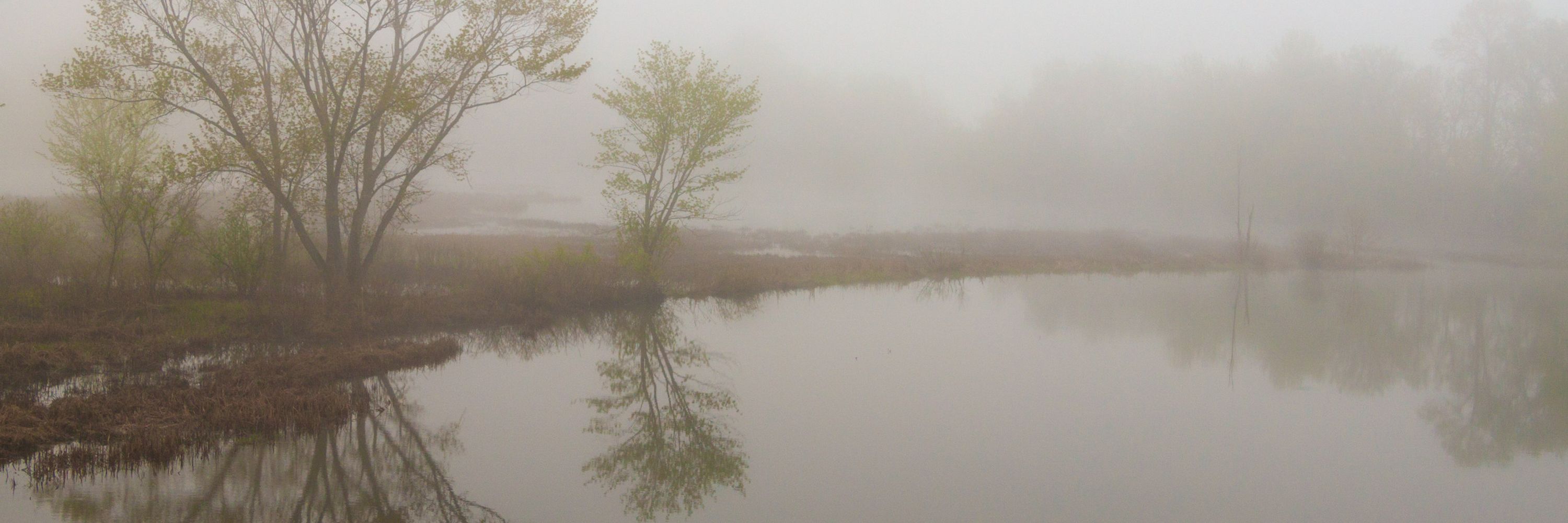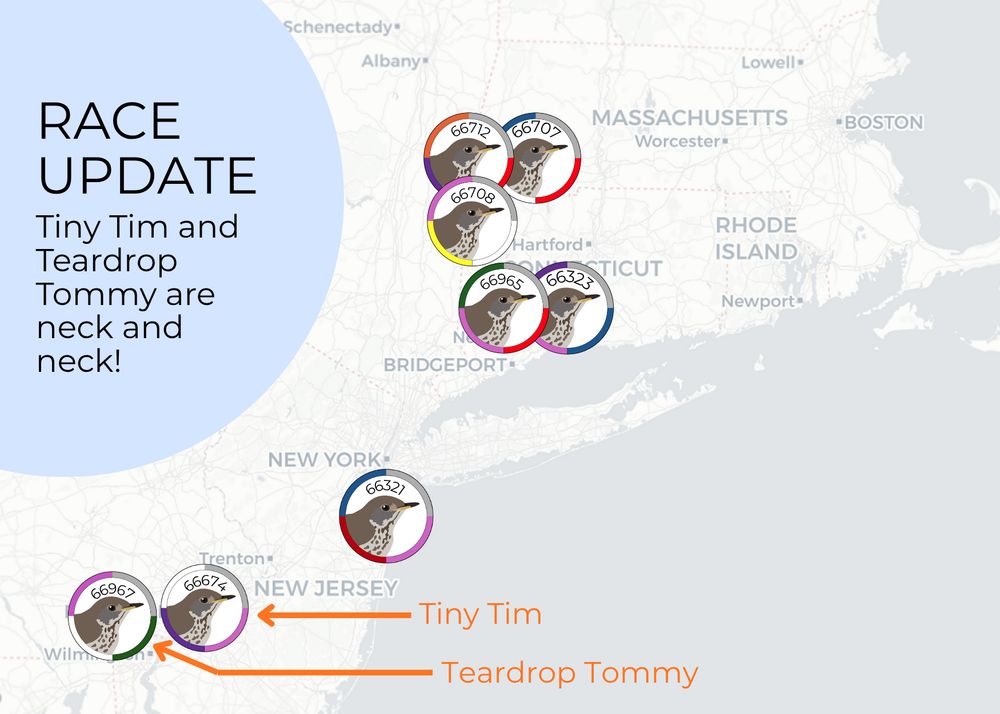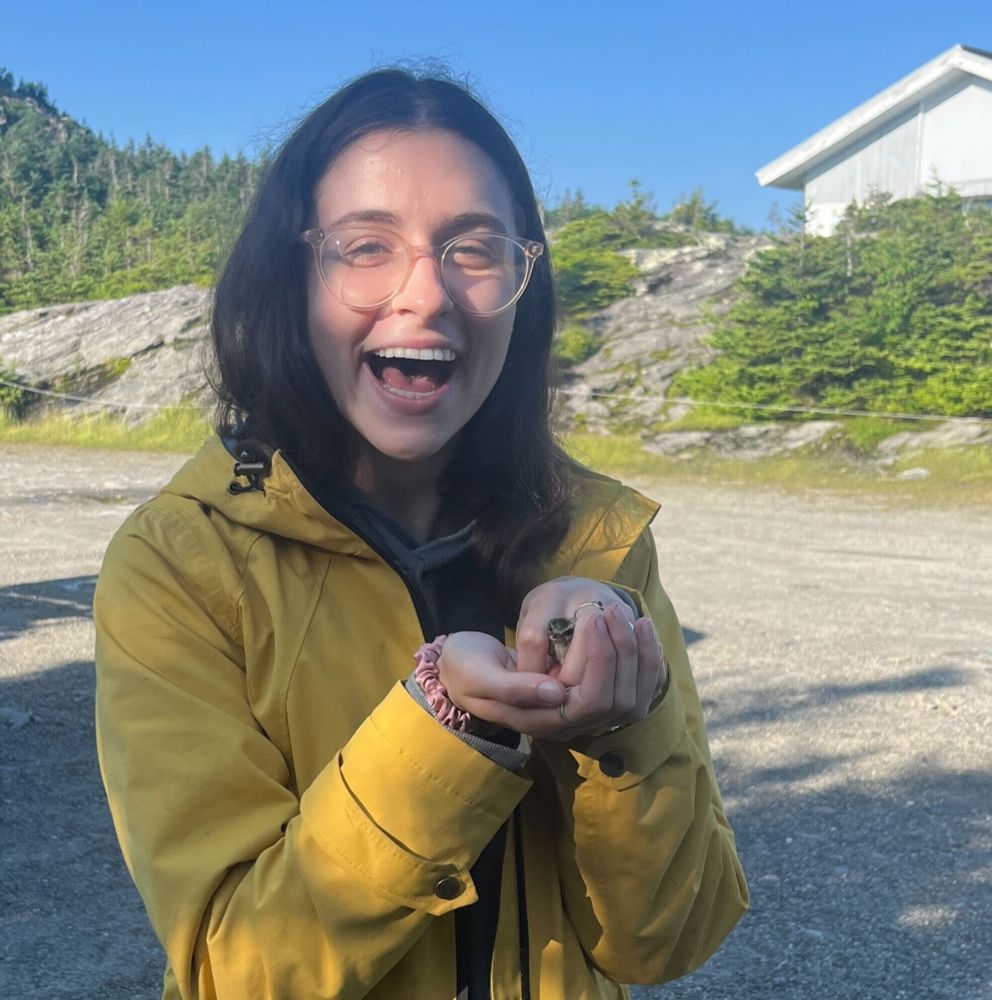
vtecostudies.org/blog/states-...

vtecostudies.org/blog/states-...
vtecostudies.org/blog/field-g...

vtecostudies.org/blog/field-g...
iNat power users can help us get there! Head to VAL's iNat dashboard to start ID'ing! (ID to genus or family if you cannot ID to species.)

iNat power users can help us get there! Head to VAL's iNat dashboard to start ID'ing! (ID to genus or family if you cannot ID to species.)
Predictions closed last Friday, but the race isn't over! Stay tuned with the map: tinyurl.com/2s3adkfc
The Motus Wildlife Tracking System is a program of Birds Canada and an international network of partners.



Predictions closed last Friday, but the race isn't over! Stay tuned with the map: tinyurl.com/2s3adkfc
The Motus Wildlife Tracking System is a program of Birds Canada and an international network of partners.
vtecostudies.org/blog/why-bic...

vtecostudies.org/blog/why-bic...
vtecostudies.org/blog/field-g...

vtecostudies.org/blog/field-g...
Get in the race (or pick another bird to win) by October 17th! tinyurl.com/mv4h26r7

Get in the race (or pick another bird to win) by October 17th! tinyurl.com/mv4h26r7

📷© Rick Nirschl




📷© Rick Nirschl

Read the full field report:
vtecostudies.org/blog/the-secret-lives-of-catbirds/

Read the full field report:
vtecostudies.org/blog/the-secret-lives-of-catbirds/


Read the full article (it's very affecting).

Read the full article (it's very affecting).




Read the full guide to see the things our biologists are looking forward to in August.
vtecostudies.org/blog/field-g...

Read the full guide to see the things our biologists are looking forward to in August.
vtecostudies.org/blog/field-g...






